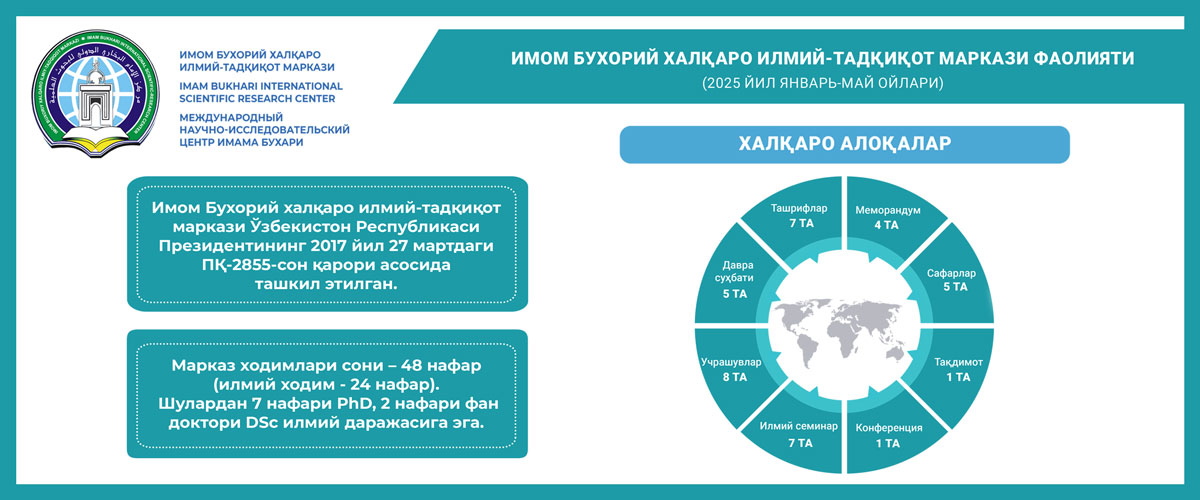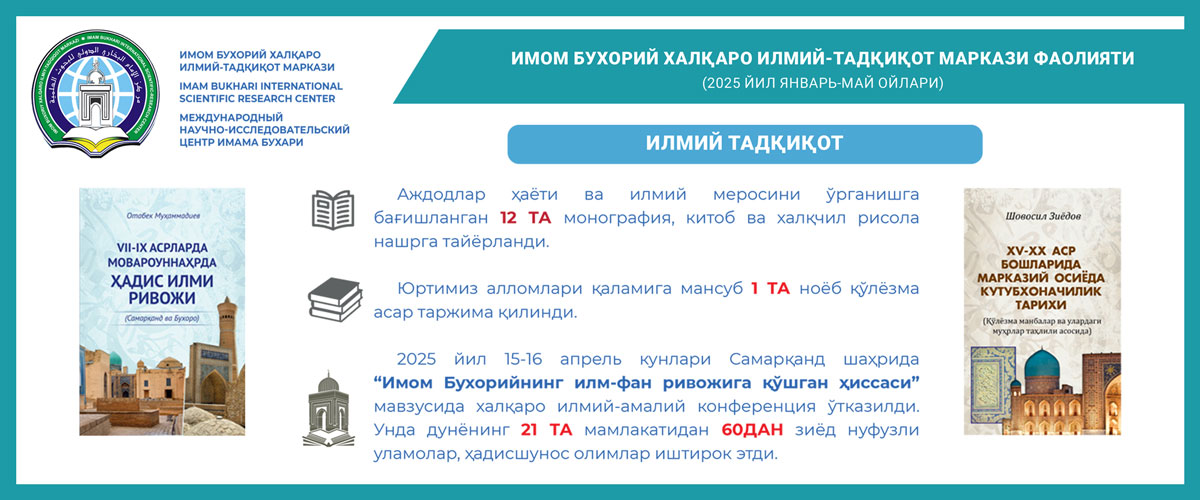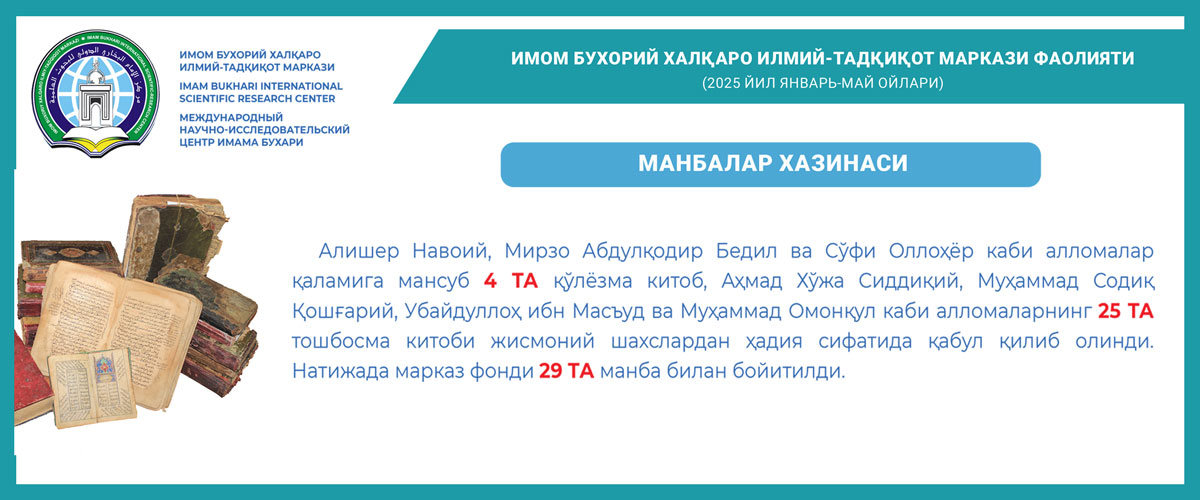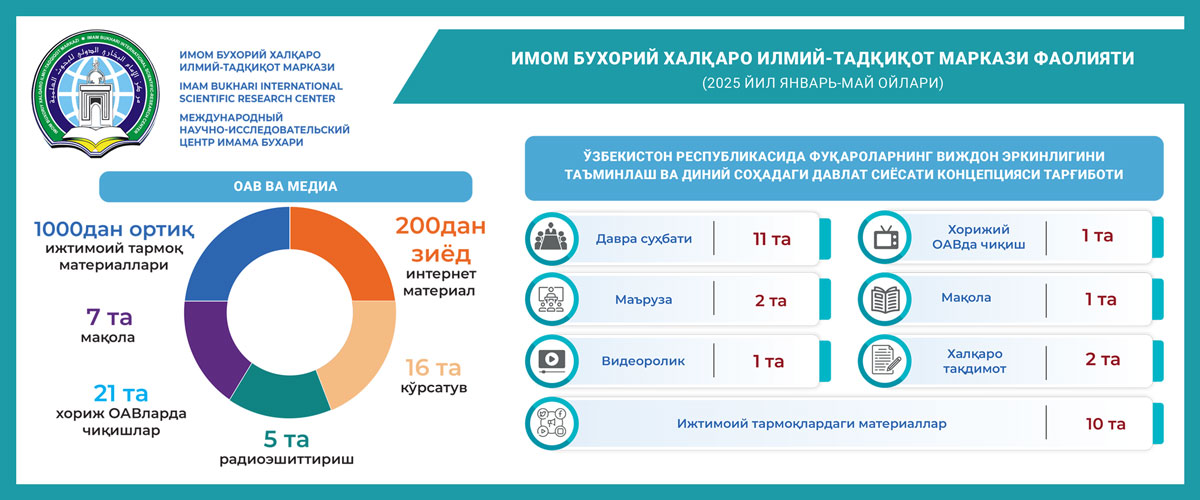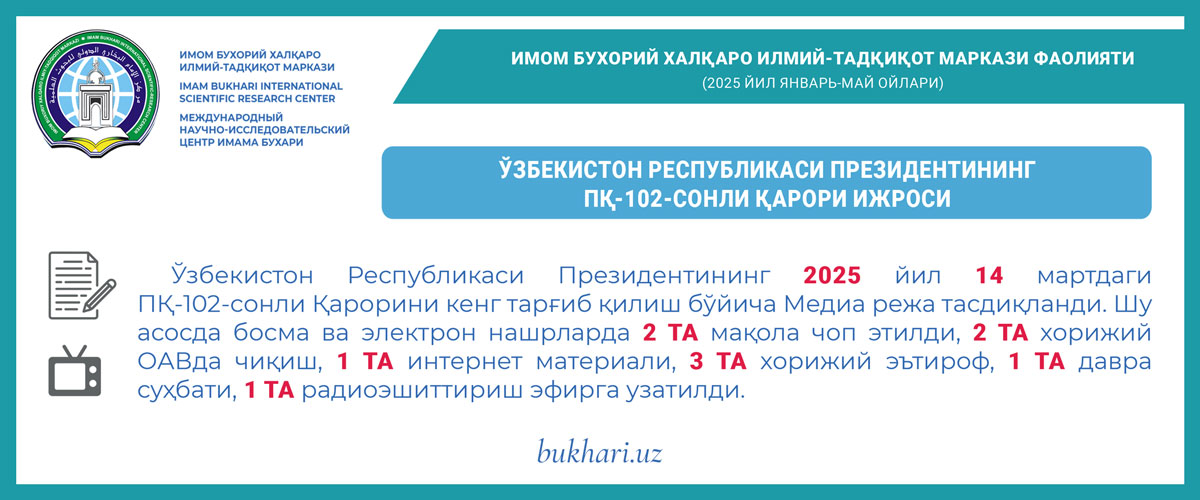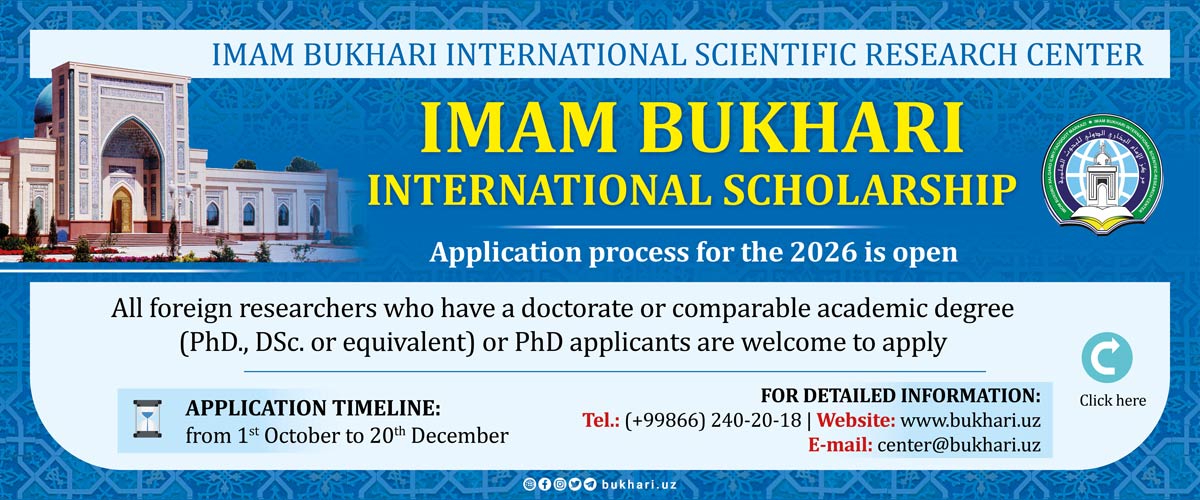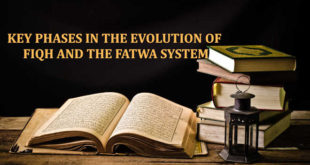Commentary of Hadith
With the advent of Islam, the evil habits of the Jahiliyya period were utterly destroyed.
In particular, we are commanded to treat girls well in our religion. It was forbidden to bury them alive. Islam has sown the seeds of compassion and mercy in the hearts of people. Those who take care of children, especially girls, and bring them up beautifully, were promised great blessings on the Day of Qiyamah.
حَدَّثَنَا أَبُو الْيَمَانِ، أَخْبَرَنَا شُعَيْبٌ، عَنِ الزُّهْرِيِّ، قَالَ حَدَّثَنِي عَبْدُ اللَّهِ بْنُ أَبِي بَكْرٍ، أَنَّ عُرْوَةَ بْنَ الزُّبَيْرِ، أَخْبَرَهُ أَنَّ عَائِشَةَ زَوْجَ النَّبِيِّ صلى الله عليه وسلم حَدَّثَتْهُ قَالَتْ جَاءَتْنِي امْرَأَةٌ مَعَهَا ابْنَتَانِ تَسْأَلُنِي، فَلَمْ تَجِدْ عِنْدِي غَيْرَ تَمْرَةٍ وَاحِدَةٍ، فَأَعْطَيْتُهَا، فَقَسَمَتْهَا بَيْنَ ابْنَتَيْهَا، ثُمَّ قَامَتْ فَخَرَجَتْ، فَدَخَلَ النَّبِيُّ صلى الله عليه وسلم فَحَدَّثْتُهُ فَقَالَ “ مَنْ يَلِي مِنْ هَذِهِ الْبَنَاتِ شَيْئًا فَأَحْسَنَ إِلَيْهِنَّ كُنَّ لَهُ سِتْرًا مِنَ النَّارِ ”.
Aishah, the wife of Prophet Muhammad (peace be upon him), said:
“A woman came to me with her two daughters and asked for something. I had nothing but a single persimmon. I gave it to her, and she divided it between her two daughters. Then she got up and went out. The Prophet Muhammad (peace be upon him), entered, and I told him the story.
Then he said: “Whoever takes care of one of these girls and does good to them, they will be a barrier for him from hell” (narrated by Bukhari and Muslim).
In this hadith, the mother of the believers, Aishah, may God be pleased with her, narrates an incident in her house. A woman from helplessness came to the house of the Prophet with her two daughters hoping for something. Mother Aisha found nothing but a persimmon in her house so she gave it to them. From this, we can see how simple and humble life the Prophet Muhammad (peace be upon him), and his family lived at that time. Nothing but a single persimmon was found in his house. Because they had distributed all the properties that came. Sometimes they had no food and were hungry.
The woman did not eat the persimmon herself, she gave them to her daughters and left. When Prophet Muhammad (peace be upon him, came, Aisha narrated the incident. Then he informed that whoever Allah has blessed with a girl child if he takes care of her maintenance, establishes her rights, and improves her manners, she will be a barrier from Hell. Because that person protected the girl(s) in the world with his kindness and education.
Accordingly, as a reward, God will protect him.
In the narration of Muslim مَنِ ابْتُلِيَ مِنَ الْبَنَاتِ بِشَىْءٍ It comes in the form of “Whoever was tested something from these girls”. It does not mean tests with evil, it means “maybe you will have a girl child”. The test comes with both bad and good. Allah Almighty said:
﴿وَنَبْلُوكُمْ بِالشَّرِّ وَالْخَيْرِ فِتْنَةً﴾
“We will test you both with evil and with good” (Surah Anbiya, verse 35).
We come to the following conclusions from this hadith.
The Prophet, may God bless him and grant him peace, and his family lived a very humble and poor life.
At that time, there were many poor Sahabah.
Alms itself is important, it is not important whether it is small or large.
Therefore, if the alms were given small, no one considered it an insult to him.
This hadith shows us that we should follow the example of Aishah when giving charity.
At the same time, demonstrates to parents the need to be very kind to their girls.
Because doing good to a girl child deserves a special reward – giving them allowance and charity is one of the best deeds that keep a person from Hell.
 Imom Buxoriy xalqaro ilmiy-tadqiqot markazi bukhari.uz
Imom Buxoriy xalqaro ilmiy-tadqiqot markazi bukhari.uz
